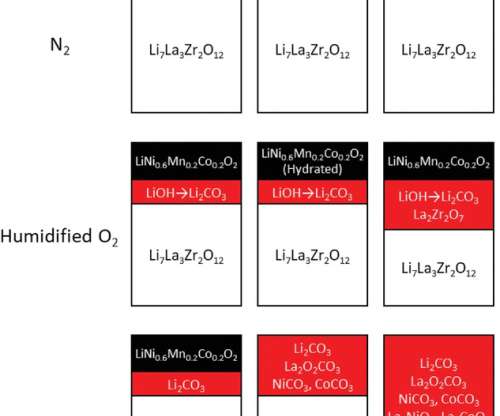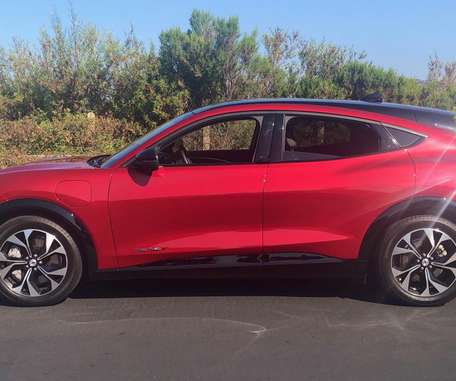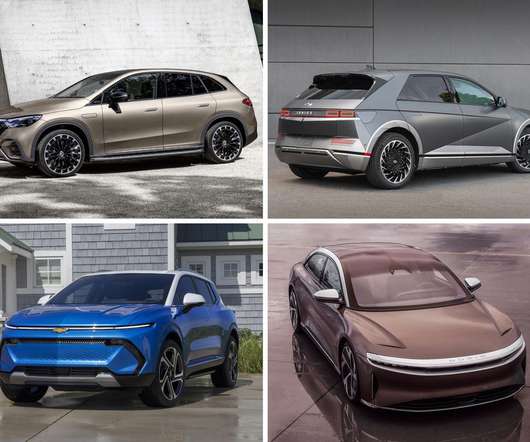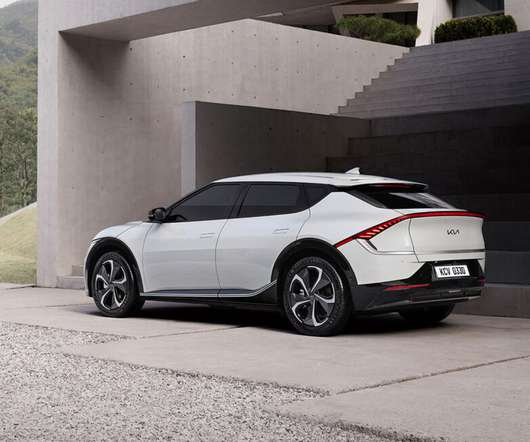MIT, Brookhaven team develops simple method for stabilizing interfaces in solid-state lithium-ion batteries
Green Car Congress
MARCH 11, 2022
Now, a team of researchers at MIT and Brookhaven National Laboratory has developed a way of achieving results that equal or surpass the durability of the coated surfaces, but with no need for any coatings. The added costs should be negligible, the researchers calculated. —Professor Yildiz.



















Let's personalize your content